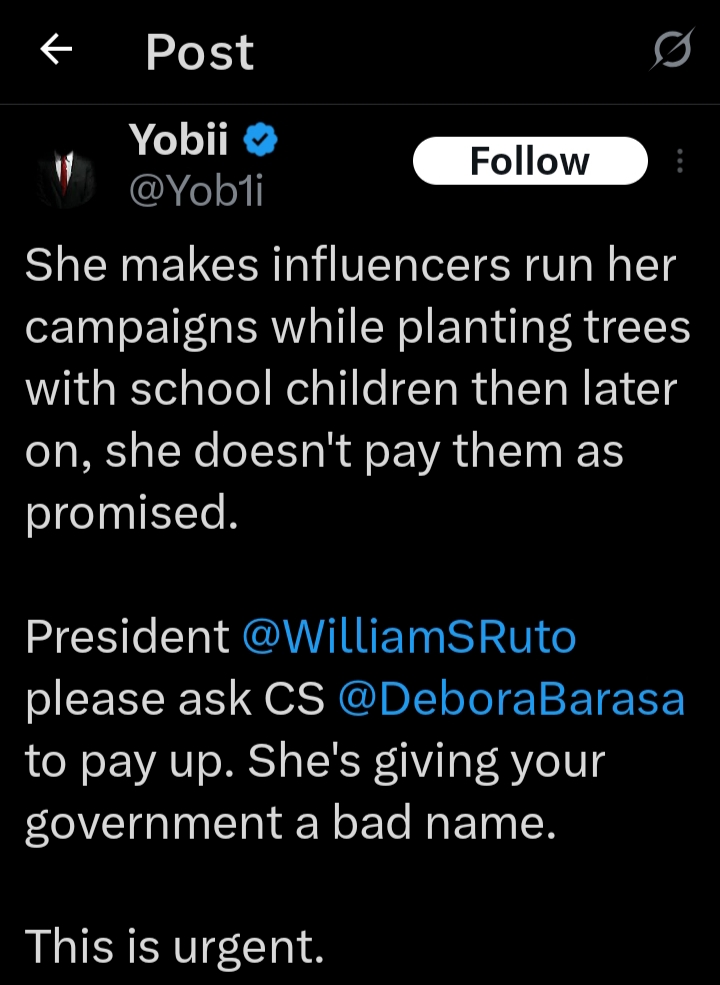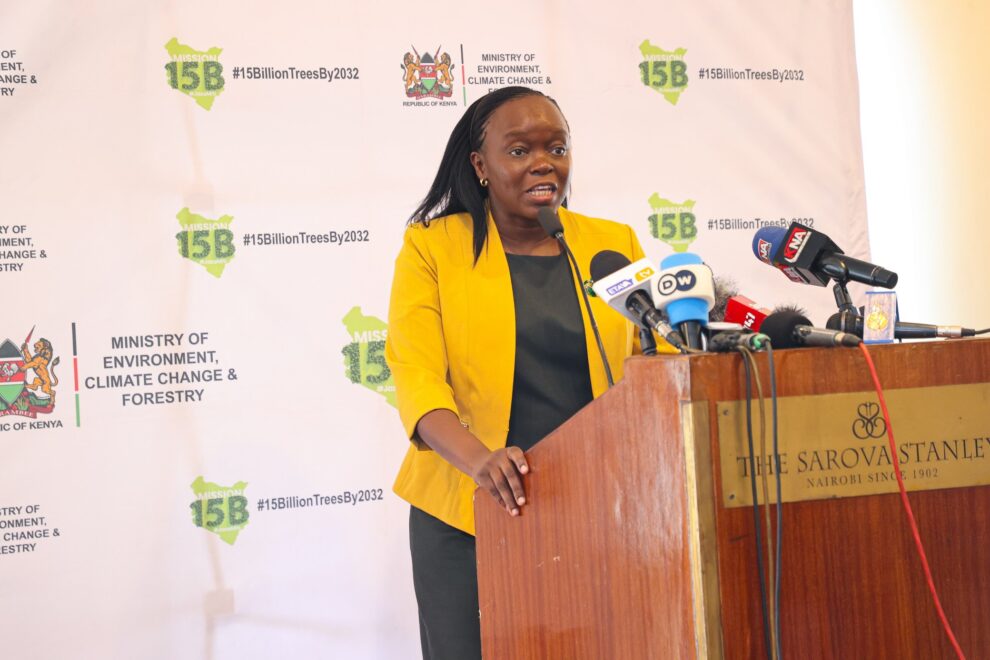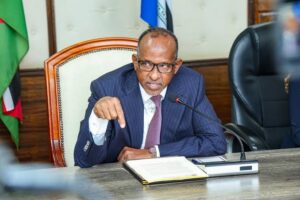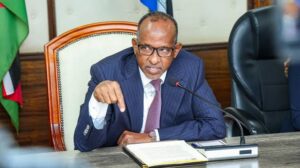Kenya’s Environment Cabinet Secretary Debora Barasa is facing growing criticism online after a user on X accused her of failing to pay influencers who worked on environmental awareness campaigns under her ministry.
The user said Barasa often engages influencers to promote tree-planting events, particularly those involving school children, but later fails to honor the payments.
The post, which tagged President William Ruto, urged him to intervene, saying the non-payment was damaging the government’s reputation. What began as a single post has now sparked a larger conversation about accountability and transparency in government-sponsored campaigns.
The issue comes at a time when the government is heavily promoting environmental protection through a nationwide tree-planting initiative. Under President Ruto’s leadership, Kenya has an ambitious plan to plant 15 billion trees by 2032.
As the Cabinet Secretary in charge, Barasa has been at the forefront of this drive, frequently appearing in public tree-planting exercises, encouraging citizens, students, and community groups to participate. She has stated in several events that the ministry has already planted over one billion trees and urged Kenyans to keep contributing to the goal of restoring the country’s forest cover and supporting food security.

These campaigns depend heavily on public engagement, and influencers have been used to amplify messages online and encourage participation.
The viral post included a photo of Barasa wearing a green vest and clapping alongside cheerful school children during one of the tree-planting events. The image was meant to portray unity and enthusiasm for the environmental cause. However, according to the accuser, those who helped organize and promote the event were left unpaid despite promises made beforehand.
The post drew widespread reactions from Kenyans online, with many expressing disappointment and anger toward the Cabinet Secretary. Some users called her dishonest, while others said she had “gone too far” by exploiting people’s efforts for publicity.
The same user had raised a similar complaint days earlier, on October 29, demanding that Barasa be removed from her position in any upcoming cabinet reshuffle. The term “Halipi,” meaning “doesn’t pay” in Swahili, was repeatedly used to describe her alleged behavior, and the post gained traction among content creators who claimed to have faced similar issues.
The reactions highlight growing frustration among young people who feel the government undervalues their work, especially in projects meant to benefit the nation.
Influencers, many of whom rely on short-term projects for income, play an important role in spreading messages to the public.
They use their time, creativity, and online presence to promote campaigns, and failure to pay them could discourage others from supporting similar initiatives.
The success of environmental programs like tree planting relies on public goodwill, and unpaid workers could reduce enthusiasm for future activities.
Barasa has led several initiatives such as planting bamboo at universities and encouraging citizens to donate fruit trees to primary schools during Mazingira Day.
These events aim to teach children about environmental conservation while improving nutrition. She has also spoken about waste management and river protection in various parts of the country. Despite these efforts, allegations like the current one threaten to overshadow her work and create doubts about the ministry’s management practices.
So far, Barasa and the Ministry of Environment have not issued a public response to the accusations. The president’s office has also remained silent.
However, with the growing importance of social media in shaping public opinion, ignoring such claims could further harm the ministry’s image. The influencer’s post has already gained significant attention, and many are watching to see if action will be taken.





















Add Comment